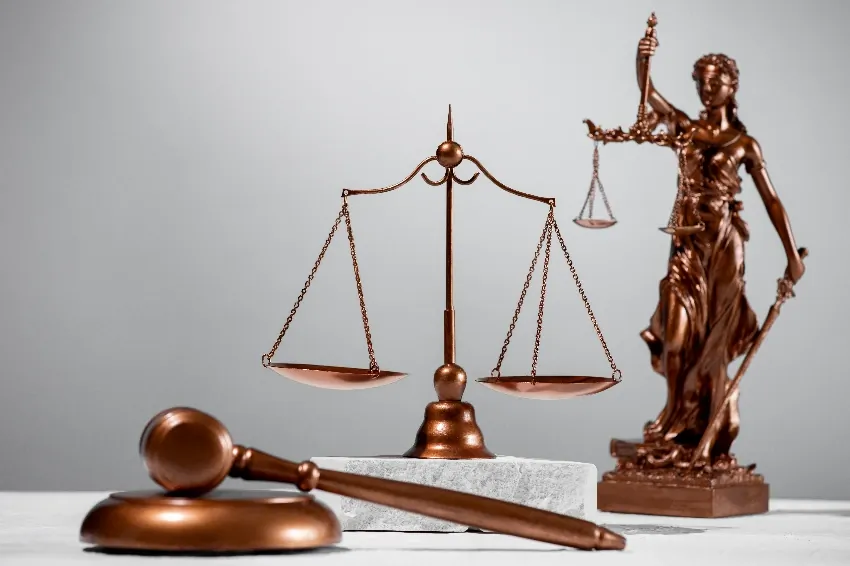Exploring Criminal Law: Articles, Cases & Legal Insights
Welcome to our dedicated page on crimes and criminal law. Here you will find a wealth of information including articles, court cases, and legal insights to keep you informed on the latest developments in this area of jurisprudence.

Commentary on Judgment No. 44519 of 2024: Tax Debt Restructuring and Seizure.
The recent ruling of the Court of Cassation clarifies how the agreement for the restructuring of tax debt affects the measure of confiscation, highlighting the importance of the principle of proportionality in tax criminal law.

Commentary on Judgment No. 45587 of 2024: Building Crimes and Legitimacy Review.
Let’s analyze the recent ruling no. 45587 of 2024, which clarifies the impossibility for the Court of Cassation to examine the correctness of administrative proceedings regarding building offenses.

Analysis of the Supreme Court Ruling No. 30720 of 2024: Conditional Suspension of the Sentence and Rehabilitation Pathways.
The recent ruling of the Court of Cassation clarifies the application of conditional suspension of the sentence in cases of domestic violence offenses, highlighting the importance of rehabilitation programs and the predictability of the conditions by the defendant.

Corruption and Extortion: Analysis of the Supreme Court Ruling, Criminal Section VI, No. 5225 of 2019.
Let's explore the ruling of the Court of Cassation that clarifies the principle of correlation between accusation and sentence, highlighting the requalification of the crime from extortion to corruption and its legal implications.

Cass. civ., Sez. I, Ord. n. 29125/2024: Reflections on International Protection and Obstacles to Offenses
The recent ruling of the Court of Cassation clarifies the conditions for granting international protection and the role of obstructive crimes in the assessment of asylum applications.

Disclosure of official secrets: commentary on Cass. pen., Sez. VI, Judgment, 21/11/2019, n. 4512
Let's analyze the ruling of the Court of Cassation that outlines the distinction between the crime of disclosure of official secrets and the concurrence of offenses, with particular attention to Article 326 of the Penal Code.

Commentary on the Judgment of the Court of Cassation Criminal No. 20571 of 2024: Reflections on Tax Violations
Analysis of the recent ruling by the Court of Cassation that confirms the conviction for tax crimes, highlighting criminal liability and the evidence required for the configuration of the offense.

Territorial jurisdiction in tax crimes: analysis of the Italian Supreme Court, Section III, no. 32280 of 2024.
The recent ruling of the Court of Cassation clarifies the criteria for territorial jurisdiction in cases of failure to pay VAT, highlighting the jurisprudential conflict and the importance of the place of assessment.

Analysis of the Judgment of the Court of Cassation, Criminal Section III, No. 36118 of 2024: Insights on Tax Violations.
The ruling of the Supreme Court of Cassation in 2024 provides significant insights into the qualification of tax offenses and the principle of ne bis in idem, delving into issues related to undue compensation and precautionary measures.

Bankruptcy and Tax Crimes: Analysis of the Judgment of the Court of Cassation, Criminal Section III, No. 24255 of 2024
The ruling of the Court of Cassation on February 14, 2024, provides important insights into the application of criminal laws regarding bankruptcy and tax violations. It analyzes the responsibilities of directors and the peculiarities of tax offenses in relation to bankruptcy.